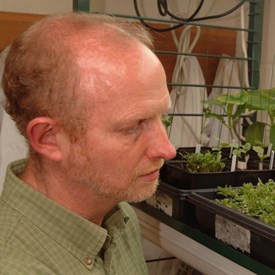The award
The Darwin Medal is awarded for work of distinction in evolution, biological diversity and developmental, population and organismal biology. The Darwin Medal was created in memory of Charles Darwin FRS and was first awarded in 1890 to noted biologist and naturalist Alfred Russel Wallace FRS 'for his independent origination of the theory of the origin of species by natural selection.' The medal is of silver gilt, was awarded biennially until 2018 and is now awarded annually, and is accompanied by a gift of £2,000.
Eligibility
The Darwin Medal is open to UK/Commonwealth/Republic of Ireland citizens or those who have been residents for three or more years. There are no restrictions on career stage and nominations will remain valid and shall be considered by the award selection committee throughout three nomination cycles. Teams or groups may now be nominated for this award.
Nominations are currently closed
Nominations are closed and will reopen on 1 December 2025.







